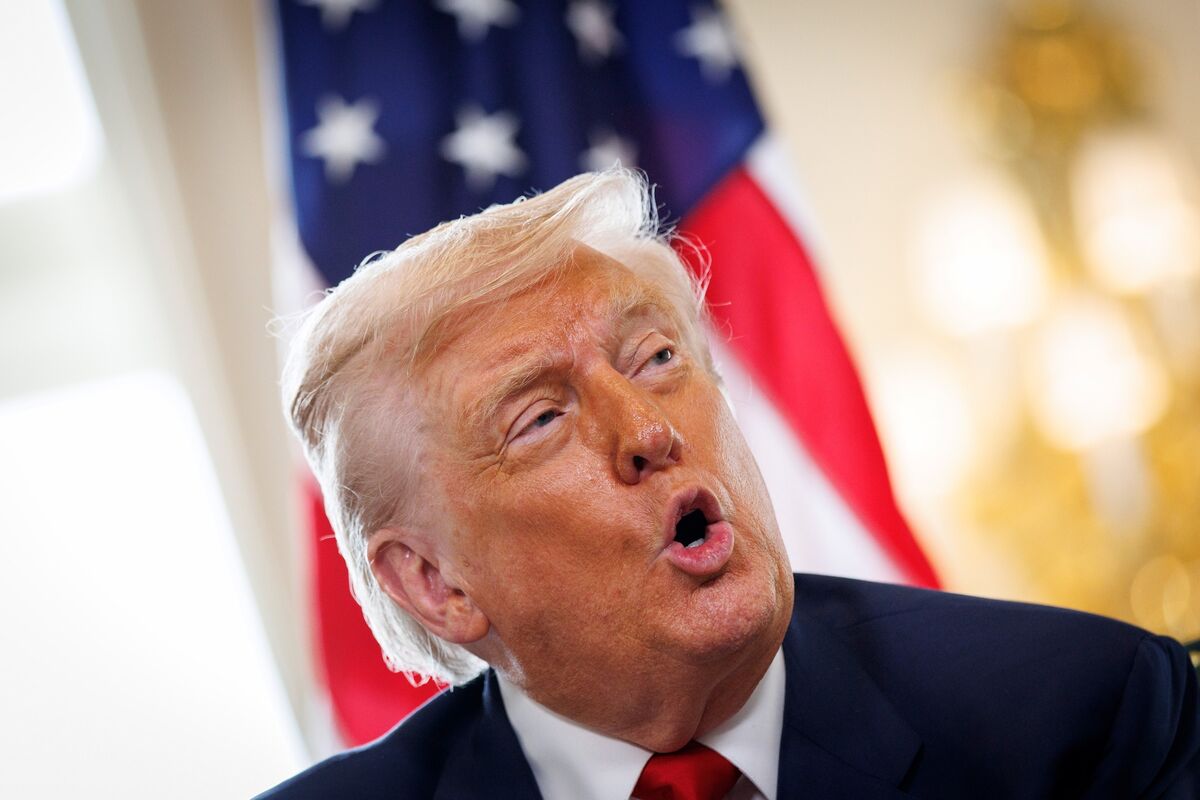US President Donald Trump has announced a significant escalation in his administration’s approach to Russian oil purchases by India, implementing a new 25% tariff on imports of Russian oil. This decision aims to increase pressure on Vladimir Putin to halt the ongoing war in Ukraine. The move comes alongside considerations for additional sanctions targeting Russia’s covert network of oil tankers, which have been instrumental in circumventing existing international restrictions.
The announcement of the tariffs follows a meeting between Putin and US envoy Steve Witkoff at the Kremlin, where the two officials reportedly exchanged “signals” regarding the situation in Ukraine. While details of the conversations remain unclear, it highlights the ongoing dialogues between the US and Russia concerning the conflict.
Targeting Russia’s Oil Supply Chain
The tariffs are part of a broader strategy to disrupt Russia’s ability to finance its military operations through oil exports. By targeting India’s purchases, the US aims to cut off a vital revenue stream for the Kremlin. According to Andriy Yermak, chief of staff to Ukrainian President Volodymyr Zelenskiy, the fleet of tankers that facilitate these transactions plays a crucial role in Russia’s ability to evade sanctions. Yermak emphasized that “the shadow tanker fleet is the backbone of Russia’s sanctions evasion and war financing.”
The US has identified this shadow fleet as a critical component of Russia’s strategy to maintain oil exports despite international sanctions. These tankers operate in secrecy, often changing names and flags to avoid detection. By imposing sanctions on these vessels and the entities that support their operations, the US hopes to further isolate Russia economically.
The introduction of tariffs on Indian oil purchases is expected to have significant repercussions for the global oil market. India has become one of the largest buyers of Russian oil since the onset of the war, taking advantage of discounted prices. In 2022 alone, India purchased over $30 billion worth of Russian crude. The new tariffs may compel India to reconsider its energy strategy and explore alternative sources.
As the situation unfolds, the international community will be closely monitoring the impact of these tariffs and sanctions. The effectiveness of the US measures will depend on the cooperation of other nations, particularly those involved in the oil trade. The ongoing conflict in Ukraine continues to pose challenges not only for regional stability but also for the global economic landscape.
The US administration remains committed to leveraging all available tools to compel Russia to cease hostilities in Ukraine. The implications of these tariffs and the targeted sanctions on the shadow fleet could significantly alter the dynamics of the conflict and the global oil market in the months ahead.
